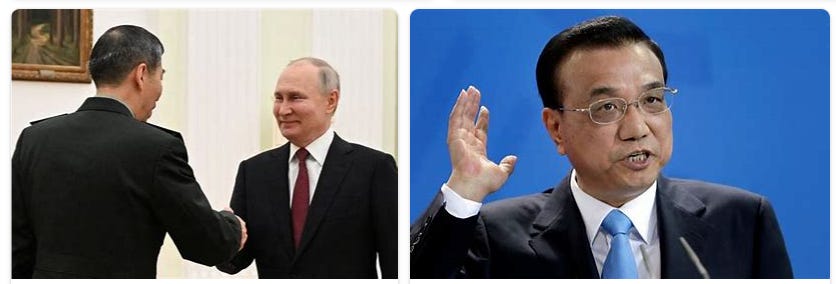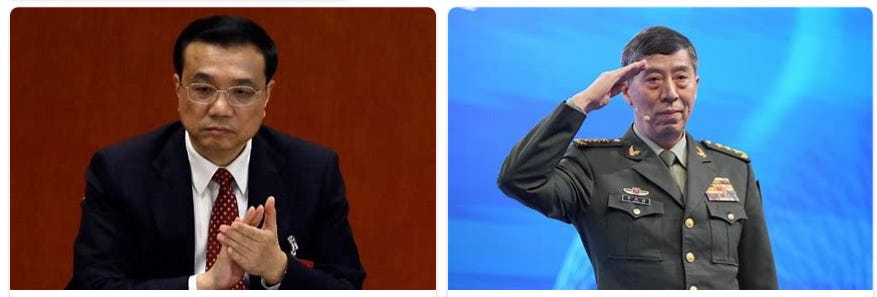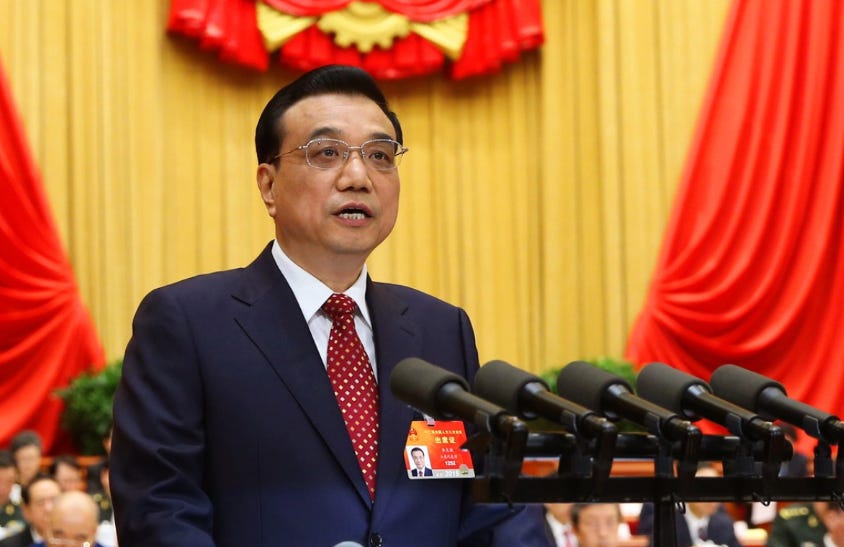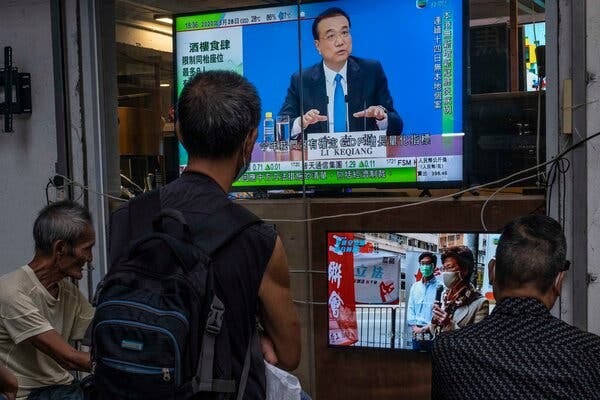[BREAKING] After Removes Defense Minister Li Shangfu, Now No.2 China Li Keqiang Died Because Heart Attack
Beijing 8.57am
No.2 China after President Xi Jinping, Li Keqiang died of a heart attack early on Friday, China announced, an abrupt end to the life of a leader who had served alongside Xi Jinping for a decade and set a milder tone while never appearing to directly challenge Mr. Xi’s hard-line policies.
This news just separates around 83 hours after China Politburo removes Defense Minister Li Shangfu,
Mr. Li, 68, was visiting Shanghai when he suddenly suffered the heart attack, a report on Chinese state television said. “All efforts to resuscitate him failed,” the report said.
Mr. Li was once considered a potential top leader of the ruling Chinese Communist Party. But in the end, he was overtaken by Mr. Xi, and became China’s premier — its prime minister — in 2013. Over the following 10 years, he steered Chinese government ministries, but appeared to wield less power than former premiers, with Mr. Xi dominating policy instead.
Mr. Li, who had a doctorate in economics, exemplified a generation of highly educated Chinese leaders who rose quickly in the 1980s and 1990s as Mao Zedong’s generation faded from politics.
But he and many of his contemporaries lost much of their influence in the past decade, as Mr. Xi consolidated power and promoted an inner circle of Communist Party loyalists whom he has known for decades.
Before Mr. Xi became the top leader, “officials like Li Keqiang did very well and continued the institutionalization of the party,” said Victor Shih, a specialist in Chinese factional politics at the University of California at San Diego. But Mr. Li and many other professionals “were not as practiced in the ruthless politics that always has characterized elite politics,” he said.
Born in Anhui Province in eastern China, Mr. Li studied law and economics at Peking University, where he mixed with liberal students who later threw themselves into the pro-democracy movement of 1989. But Mr. Li chose another path, rising through the Communist Party’s Youth League.
He later served as a provincial leader and was seen as a potential successor to Hu Jintao, the Chinese leader who also rose through the Youth League. But in the end, Mr. Xi emerged as the top leader in 2012, and Mr. Li worked in his shadow.
As premier, he sought to reduce government red tape and interference in the private economy. But Mr. Xi dominated the major decisions.
Chinese internet users expressed shock at the news of Mr. Li’s death on Weibo, China’s Twitter-like social media platform.
“He will always live in our heart,” one commenter wrote. “This is too shocking,” wrote Hu Xijin, the former chief editor of Global Times, a Communist Party newspaper. “Deep condolences.”







